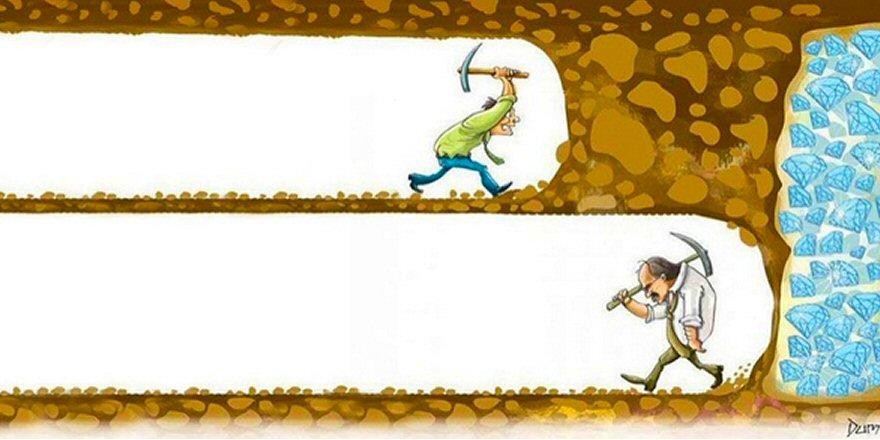
Goals 2025 – How To Set Them and Achieve Them
Thinking about your goals for 2025? I read somewhere that goalsetting is bad. Is that true? Setting goals can be powerful but it has to be done the right. Learn how to set yourself up for success in 2025!






